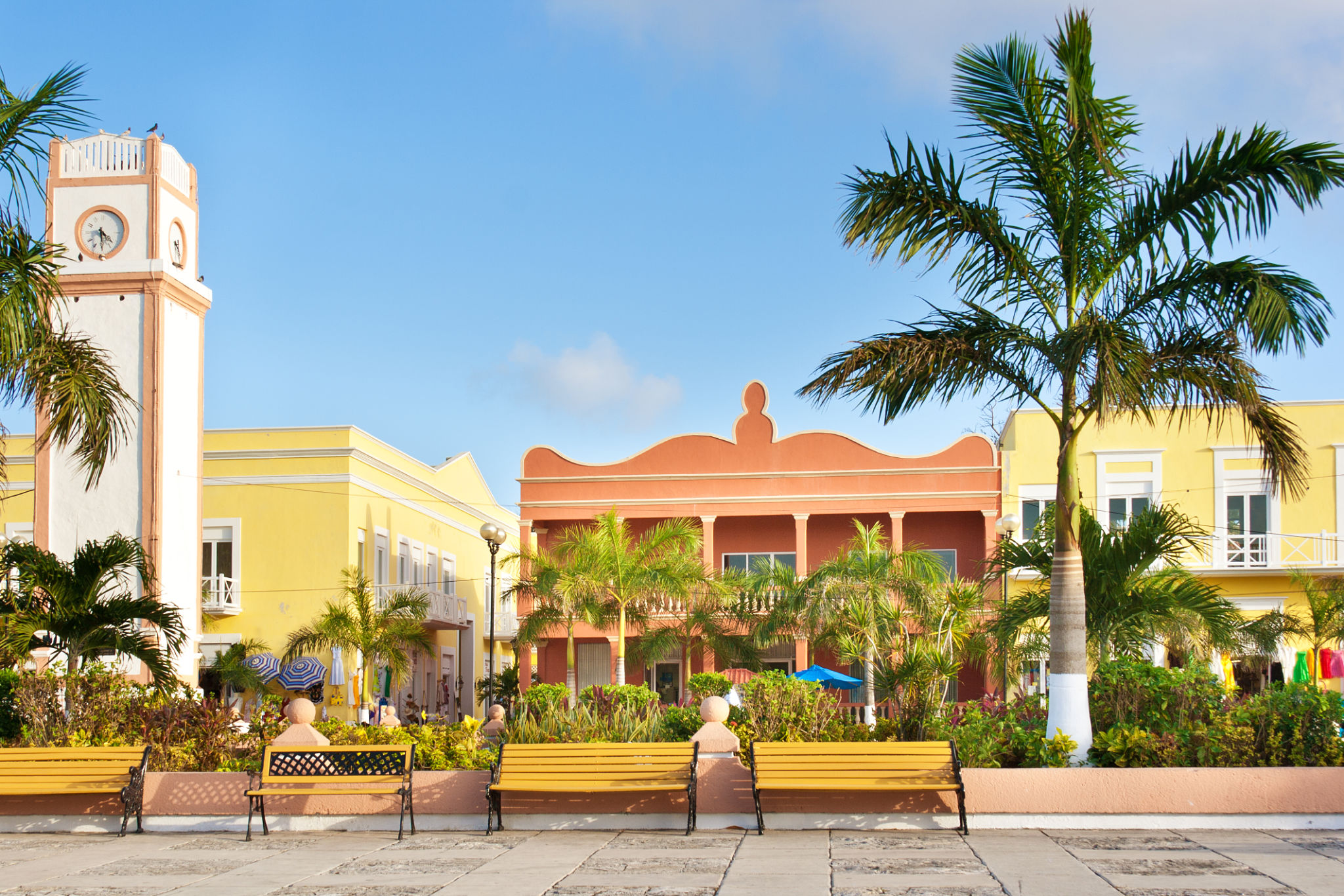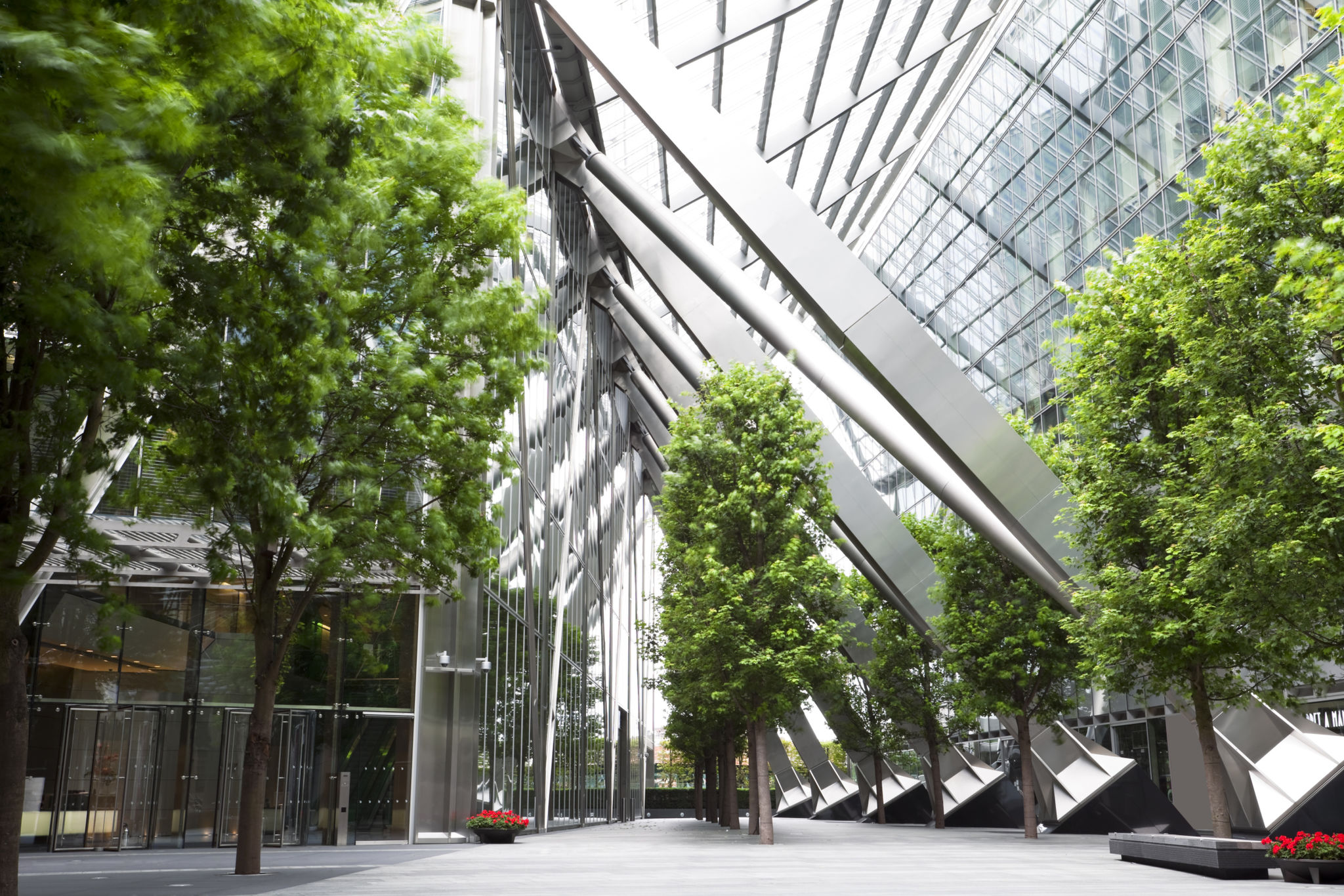Understanding the Impact of Singapore's Climate on Real Estate Choices
Introduction to Singapore's Climate
Singapore is renowned for its consistent tropical climate, characterized by high temperatures and humidity throughout the year. This unique climate plays a significant role in influencing real estate choices in the region. Understanding the impact of Singapore's weather patterns can help prospective buyers and investors make informed decisions.

Temperature and Humidity Considerations
The perpetual warmth in Singapore means that air conditioning is not just a luxury but a necessity for most properties. When evaluating real estate, potential buyers often prioritize homes with efficient cooling systems and proper ventilation. High humidity levels also encourage the use of materials that resist mold and mildew, impacting choices in building materials and home finishes.
Moreover, energy efficiency becomes a crucial factor. Properties that offer energy-saving features or utilize sustainable building practices can appeal more to environmentally conscious buyers. Homes designed to optimize natural airflow can significantly reduce reliance on air conditioning, offering both comfort and cost savings.
The Role of Rainfall
Singapore experiences significant rainfall, particularly during the monsoon seasons. This factor influences real estate design in several ways. Properties are often built with features that manage water flow effectively, such as elevated flooring and advanced drainage systems. The ability to withstand heavy rain without flooding is a key consideration for many buyers.

Additionally, the heavy rainfall impacts landscaping choices. Many homeowners prefer hardscaping options or native plants that thrive in wet conditions, reducing maintenance efforts and ensuring a lush environment year-round.
Urban Planning and Green Spaces
The government of Singapore places a strong emphasis on urban planning and the integration of green spaces within residential areas. This commitment to nature not only enhances the aesthetic appeal of properties but also provides practical benefits, such as improved air quality and reduced heat island effects.
Buyers are increasingly attracted to neighborhoods that offer proximity to parks and green corridors. These areas provide recreational opportunities and contribute to a healthier lifestyle, making them highly desirable in the Singaporean real estate market.

Climate Resilience and Sustainability
In response to climate change concerns, there is growing interest in properties that offer resilience against extreme weather events. Real estate developers are incorporating sustainable practices, such as green roofs and rainwater harvesting systems, to enhance a property's environmental performance.
Investors are also looking at long-term sustainability. Properties that adhere to green building standards not only reduce environmental impact but also promise lower operating costs, making them attractive investments. This trend highlights the importance of climate resilience in shaping real estate choices in Singapore.
Conclusion
Understanding the impact of Singapore's climate on real estate is essential for anyone looking to buy or invest in property in this tropical city-state. From temperature and humidity considerations to rainfall management and sustainability practices, these factors profoundly influence buyer preferences and market dynamics. As climate consciousness grows, embracing these elements will be crucial for future-proofing real estate investments in Singapore.
